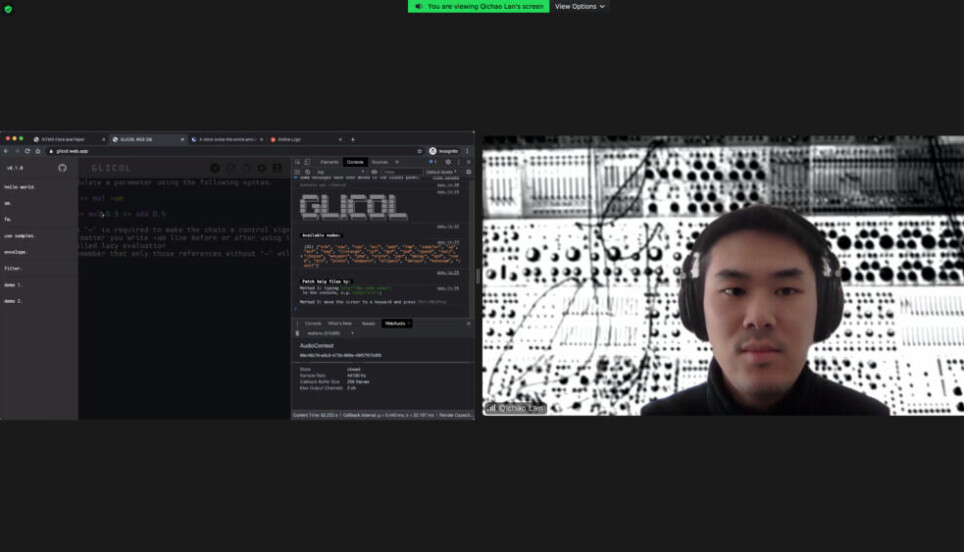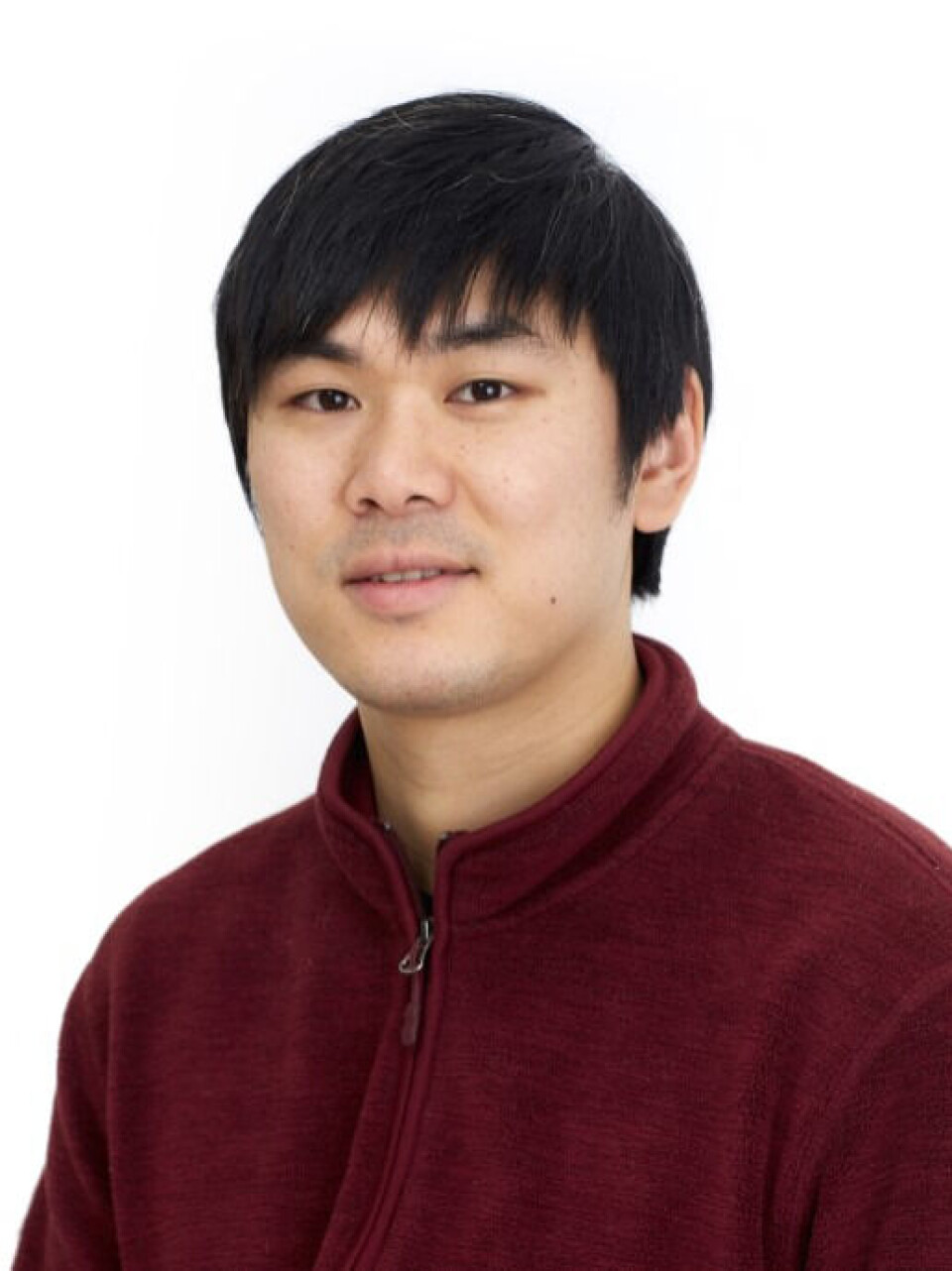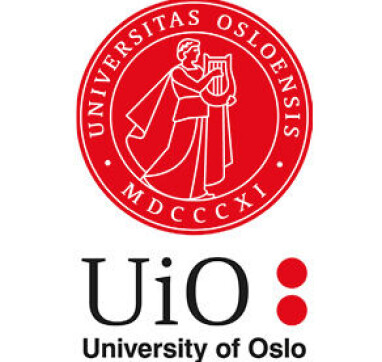THIS ARTICLE/PRESS RELEASE IS PAID FOR AND PRESENTED BY University of Oslo - read more

He made it easier to code music with others
Qichao Lan wanted to make music live coding accessible to anyone. As part of his PhD, he made a music language and an app easily accessible in a web browser.
“We are flooded by music on apps like TikTok, yet many people don’t know how music is made. I wanted to make a program that would be usable to anyone,” Qichao Lan says. He is a researcher at RITMO Centre for Interdisciplinary Studies in Rhythm, Time and Motion at the University of Oslo.
In recent years more and more music was made by programming tools. All you need is a computer and you can work on sound bits made by others, or start from scratch.
As a part of his PhD, Lan made the music live coding language Glicol. You just click on the link and start making music.
“I’ve tested it on users and seen that it is very easy to use, even for those with no audio programming experience,” Lan says.
Making music together
Lan remembers the first time he tried live coding. He was thrilled and immediately believed that it would be important for future composers.
However, he wasn’t fully satisfied with existing tools and started investigating how to make his own music programming language.

“I didn’t want to develop a tool that works for only one person, I always wanted to develop a tool where multiple people can work together,” he explains.
He also followed the development of artificial intelligence (AI) in music and was curious about how AI could affect live coding opportunities.
Composing democracy
In his PhD, he continued working with his interests. He studied human-machine-co-working where the machine (AI) is the composer or practitioner and human-human-co-working where the machine is the tool. His research led to Glicol.
“What makes Glicol different from many other live coding languages is that you can access it in your browser. Previous languages often require a download and install, which can be challenging for non-programmers,” Lan explains. “Secondly, it is user-friendly for those who like to write music with others. I came up with a new mechanism where all collaborators must accept the codes before they convert to music. This makes the process democratic.”
The possibilities of AI
Lan also wished to develop the possibilities of music making offered by AI.
“Prior, we didn’t share any music programming language with computers. By making some small changes in Glicol, AI can use the same language. Then humans and AI can make music together, which is a new thing,” he says.
Curiosity motivates him.
“I am curious as to which music AI will make. Maybe it will make something that we did not expect. Perhaps we feel it is just garbage, or perhaps AI music will make us feel things differently,” he says. “As AI has entered our lives in almost every aspect, I am quite certain it will become part of the future music making. The language I design aims to be a bridge between humans and AI.”

This article/press release is paid for and presented by the University of Oslo
This content is created by the University of Oslo's communication staff, who use this platform to communicate science and share results from research with the public. The University of Oslo is one of more than 80 owners of ScienceNorway.no. Read more here.
See more content from the University of Oslo:
-
Mainland Europe’s largest glacier may be halved by 2100
-
AI makes fake news more credible
-
What do our brains learn from surprises?
-
"A photograph is not automatically either true or false. It's a rhetorical device"
-
Queer opera singers: “I was too feminine, too ‘gay.’ I heard that on opera stages in both Asia and Europe”
-
Putin’s dream of the perfect family




































